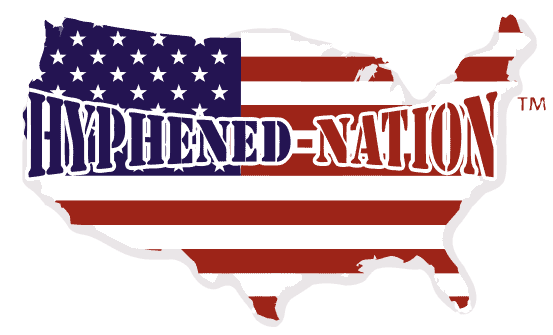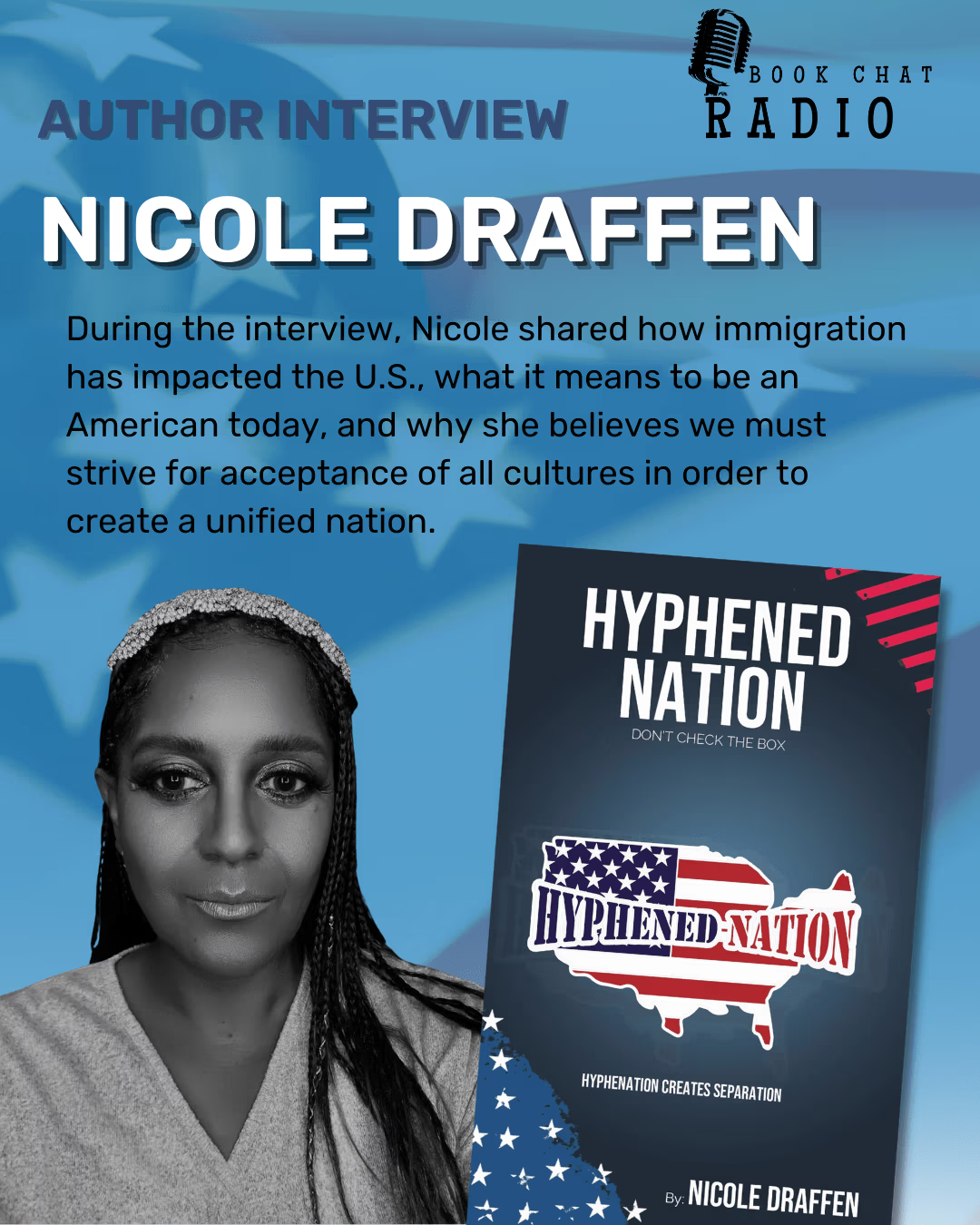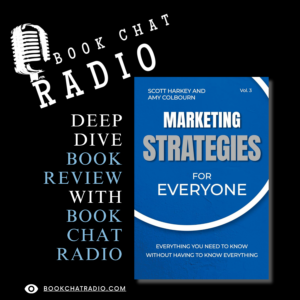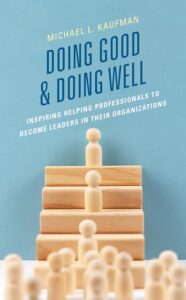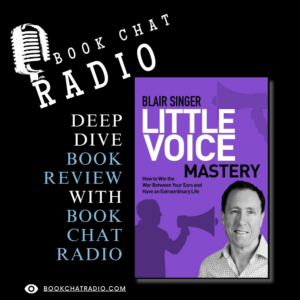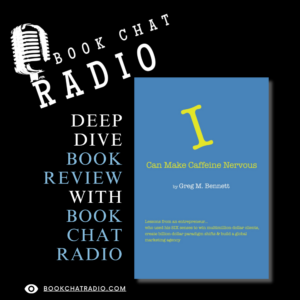An Interview with Hyphened-Nation Author, Nicole Draffen
Nicole Draffen, author of the new book Hyphened-Nation: How Immigration Redefined America, recently sat down with us to discuss her work and its impact on today’s society.
During the interview, Nicole shared how immigration has impacted the U.S., what it means to be an American today, and why she believes we must strive for acceptance of all cultures in order to create a unified nation. She also discussed the importance of recognizing immigrants’ contributions to our country, as well as opportunities that newcomers have provided us in terms of culture, innovation and economic growth.
The conversation was both enlightening and thought-provoking—it gave us a better understanding of the complex topic surrounding immigration and its effects on our nation. We hope that Nicole’s work will continue to inspire people to think more deeply about immigration issues in the U.S., and how we can best move forward together as a unified nation.
If you’d like to read more of Nicole Draffen’s insights, be sure to check out her book Hyphened-Nation: How Immigration Redefined America! It is full of interesting facts and figures, inspiring stories, and valuable advice on how we can create an inclusive society where everyone is welcome—regardless of their heritage or background. We highly recommend it! Purchase today on Amazon
What inspired you to write “Hyphened-Nation: Don’t Check the Box” and what message do you hope readers will take away from it?
Growing up in a multicultural family, I experienced firsthand the limitations and narrow definitions imposed by society’s emphasis on hyphenated American identity. This inspired me to write “Hyphened-Nation: Don’t Check the Box” and challenge the current system of categorizing people based on their ethnic background. My hope is that readers will take away from the book a message of empowerment to embrace their unique identities and reject the narrow definitions imposed by society.
Your book challenges the idea of hyphenated American identity. Can you explain your perspective on this topic and why you think it’s important to discuss?
Hyphenated American identity reinforces stereotypes and biases, ignores the fact that most Americans are a mix of cultures, and promotes the idea that people cannot fully assimilate into American culture. It is important to discuss this topic to challenge the societal norms that perpetuate a narrow definition of what it means to be American.
In your book, you mention your experiences living overseas and how they shaped your views on American culture. Can you share some of those experiences and how they influenced your writing?
My experiences living overseas exposed me to different cultures and perspectives, which influenced my view of American culture. I observed that people from other countries often had a more nuanced understanding of American culture than Americans did themselves. This experience encouraged me to question my own assumptions and biases about my country and culture.
Your book has won several literary awards. How does it feel to have your work recognized in such a way?
Receiving recognition for “Hyphened-Nation” has been a humbling experience and has given me a greater sense of responsibility to use my platform to promote change.
What do you think are some of the biggest challenges facing American society today in terms of identity and cultural diversity?
Some of the biggest challenges facing American society today are the persistent inequalities and injustices based on race, ethnicity, and culture. We need greater education and understanding about the diversity of American identities and experiences. The current political climate is particularly challenging, as it has intensified divisions and polarized discourse.
You discuss the concept of a “melting pot” in American culture. Do you think this metaphor is still relevant today? Why or why not?
The metaphor of the “melting pot” is no longer relevant because it implies that people must give up their cultural identities to become part of American society. Instead, we should embrace the concept of a “mosaic,” where individuals can retain their cultural identities while still contributing to the larger American culture.
How do you see the hyphenated American identity evolving in the future, and what role do you think individuals can play in shaping it?
The hyphenated American identity is evolving towards a more inclusive and accepting culture. Individuals can play a role in shaping this by sharing their stories and challenging the narrow definitions of what it means to be American.
In your opinion, what can individuals and communities do to promote greater understanding and acceptance of cultural diversity in American society?
We can promote greater understanding and acceptance of cultural diversity by engaging in dialogue and learning about different cultures. We can also expose ourselves to diverse experiences and perspectives, including traveling, reading diverse literature, and participating in cultural events.
What advice do you have for aspiring writers who are looking to publish their work?
Aspiring writers should write from their own unique perspectives and be persistent in pursuing their goals. Seek out feedback from others and be open to constructive criticism.
Are there any upcoming projects or works you’re currently working on that you’d like to share with your readers?
I am currently working on a follow-up book to “Hyphened-Nation” that will delve deeper into the complexities of American identity. I am also involved in various community projects aimed at promoting understanding and inclusivity.
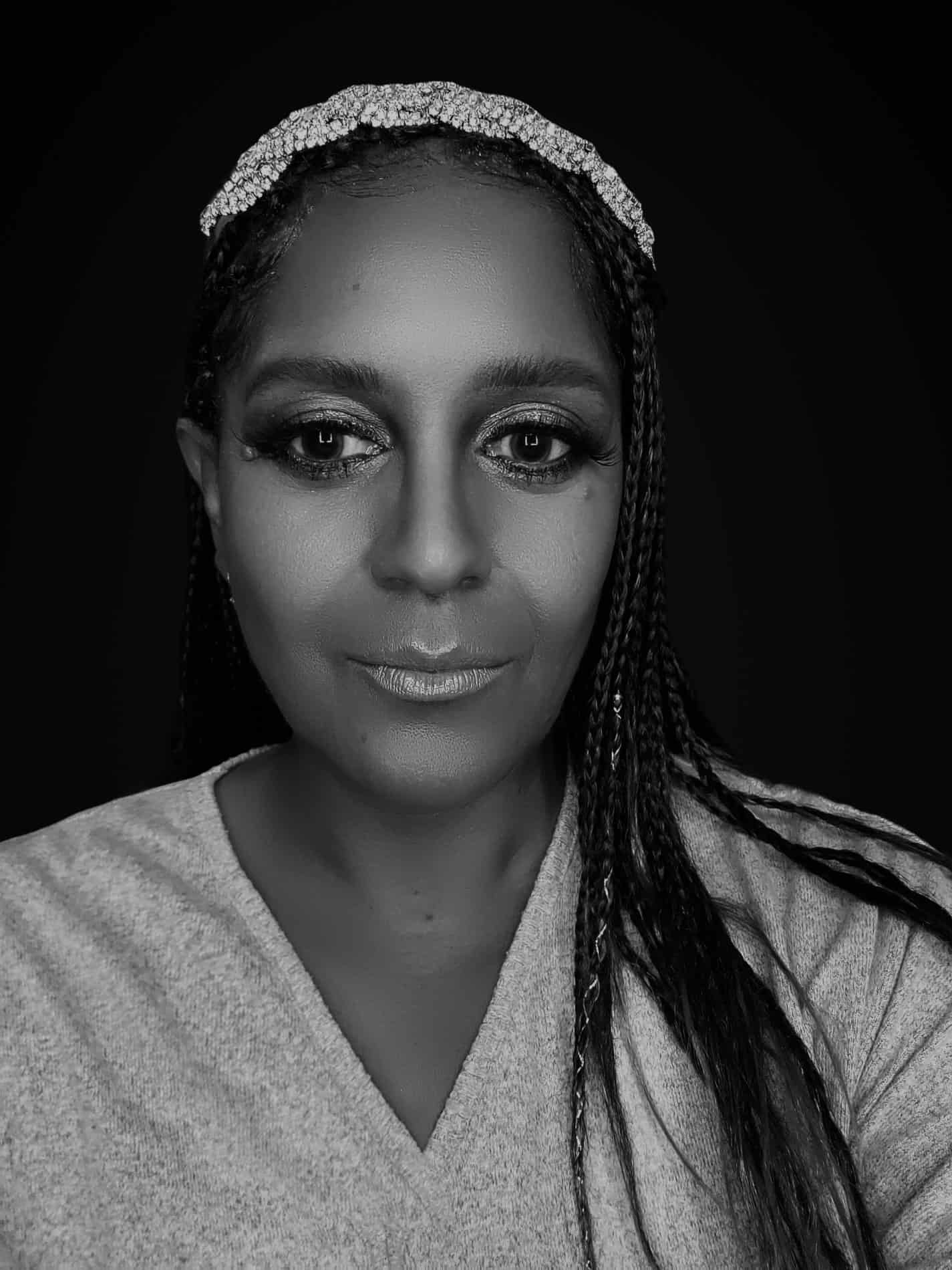 About Author Nicole Draffen
About Author Nicole Draffen
Hello, my name is Nicole Draffen. I am a writer, storyteller, and advocate for the unhyphenation of the American identity. My passion lies in exploring the complexities of this identity and shedding light on its importance in today’s society.
My latest project, Hyphened-Nation, is a book that takes readers on a journey through the experiences of hyphenated Americans, showcasing their unique perspectives and struggles. Through personal stories and research, I aim to create a compelling and insightful exploration of this identity.
As a writer, I bring my skills and personal experience to my storytelling, creating a nuanced understanding of the hyphenated American identity. My work has made a significant impact on the way we understand this identity, and I am proud to be a thought leader in this space.
Overall, I am passionate about exploring the nuances of the hyphenated American identity and the importance of diversity and inclusion in our ever-changing world.
Connect with the Author
hyphened-nation.com
instagram.com/hyphenednation/
facebook.com/HyphenedNationDCTB
About HYPHENED-NATION: Don’t Check the Box Purchase today on Amazon
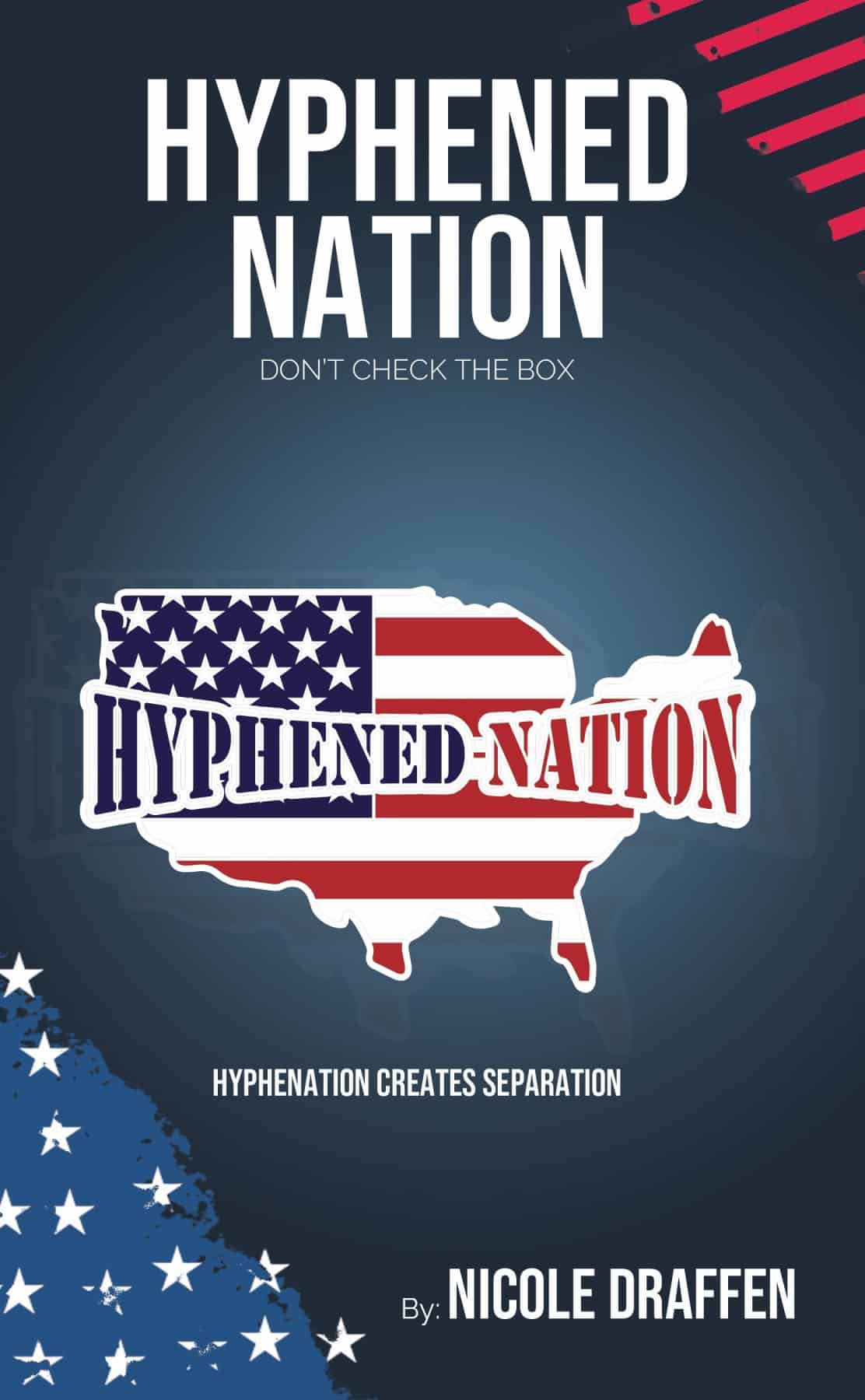 Hyphened-Nation: Don’t Check the Box is a literary memoir that provides a fresh and insightful perspective on America’s hyphenated history and the socially accepted yet shocking norms that millions of American people of color are subjected to their entire lives. This book is geared towards readers who are passionate about social justice and human rights issues and want to explore the reasons and theories behind America’s oldest institutions using the hyphen to divide and diminish millions of American citizens.
Hyphened-Nation: Don’t Check the Box is a literary memoir that provides a fresh and insightful perspective on America’s hyphenated history and the socially accepted yet shocking norms that millions of American people of color are subjected to their entire lives. This book is geared towards readers who are passionate about social justice and human rights issues and want to explore the reasons and theories behind America’s oldest institutions using the hyphen to divide and diminish millions of American citizens.
Hyphened-Nation™ fills a unique niche by providing a global perspective that distinguishes it from other works. The book’s compelling and thought-provoking perspective has already earned it three prestigious Literary Awards, including The Independent Authors Network (IAN) Book of the Year Award, the IndieBRAG Medallion, and The Wishing Shelf Book Awards, as well as numerous 5-star reviews.
Additionally, it has been translated into French as Nation à Trait d’Union and is available on Amazon in both paperback and audiobook. Draffen is passionate about exploring the complexities of this identity and the impact that the hyphenation of American nationality has on people of color (POC).
Draffen’s focus in Hyphenednation is on how the hyphenation of American nationality can be a foundation for racism. She argues that the hyphen, which looks like a minus sign, acts in the same way to diminish POC nationality. By labeling someone as, for example, “Chinese-American” instead of just “American”, the hyphen reinforces the idea that they are somehow different or less American than those without a hyphenated identity.
Throughout the book, Draffen weaves together personal stories, research, and insights from experts in the field to create a compelling and nuanced look at the hyphenated American identity and the impact of the hyphen on people of color. By shining a light on this issue, she hopes to start a conversation around the ways in which language and identity intersect, and to encourage a shift towards a more inclusive understanding of what it means to be American.
Since its release, Hyphened-Nation™ has been widely acclaimed for its contribution to the conversation around identity and diversity in America. It has become a go-to resource for individuals who are navigating their own hyphenated identities, as well as for those who seek to gain a deeper understanding of the complexities of the American identity and the impact of language on identity. Purchase today on Amazon
#OneNationNoHyphens
#UnhyphenatedAmericans
#UnityOverHyphens
#BeyondHyphenatedIdentities
#HyphensDivideUs
#UnitedWeStandUnhyphenated
#HyphenFreeNation
#NoMoreHyphens
#NoMoreLabels
#DiversityWithoutHyphens
#UnifyingIdentity
#BeyondNationalityLabels
#TogetherWithoutHyphens
#StrongerWithoutHyphens
#UnhyphenatedAndFree
#NoMoreDivisions
#UnitedWithoutHyphens
#JustOneNation
#IndividualsNotHyphens
#BeyondHyphenatedNationalities

